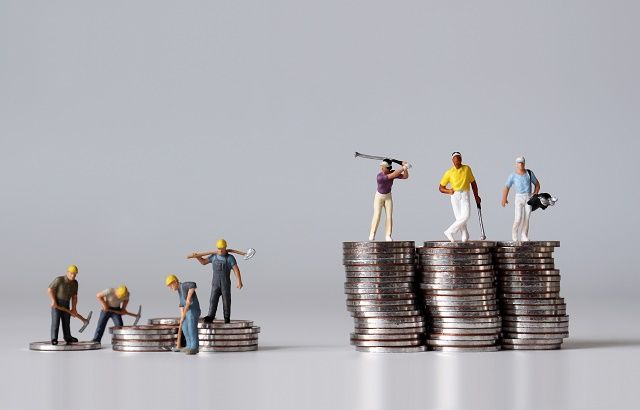Dividend and share buyback reductions could become permanent due to the impact of the coronavirus crisis, UBS has argued in a report.
“We are not convinced distributions will return in the same fashion as and when, or if, cash becomes available,” the authors commented.
In its report titled What will the world of shareholder distributions look like after Covid-19?; UBS highlights the risks disruption and regulatory or cultural shifts pose.
From a valuation perspective, the report says, the current environment could – theoretically – be ideal to repurchase shares.
Upcoming challenges
But when applying an environmental, social and governance (ESG) lens, the analysis finds that a number of stumbling blocks could make distributions to shareholders, and share repurchases in particular, difficult.
Among the reasons, the report names:
(1) Corporate continuity is paramount: “Non-essential” use of cash falls by the wayside until the crisis passes.
(2) Regulatory pressure continues into the medium to long term, which could decrease the amount of cash available for shareholder distributions going forward: Reasons could include placing a greater premium on broader systemic resilience, a continued focus on, for example, “supporting the real economy”, and potential tax increases.
(3) A new focus on social issues and inequality means such actions become culturally less acceptable.
While point 1 means that, when cash flows recover, companies could return to prior practices, the second and third points are more complicated, the report notes.
Nick Nelson, head of European equity strategy at UBS, commented that it is not just about the companies’ ability to pay dividends: “In some cases, such as banks, regulators are asking companies to delay or suspend payments.
“There are also specific sectors that are challenged by the current lockdown, such as those exposed to transport. In some parts of the market, companies may delay or suspend dividends simply because their peers have done so.”
Regulators who are restricting shareholder distributions – particularly among financial institutions – are using language such as “supporting the real economy” and not “remunerating shareholders”.
“This, to us, reinforces the third point, and we think it possible that reinstating shareholder distributions is not straightforward,” the report writes.
Heightened awareness of social issues
Additionally, the importance of the “social” element in ESG has received greater attention with the covid-19 crisis, and an increased focus on inequality.
As examples, the report cites widespread public acknowledgement of low-income jobs in household waste collection services, supermarkets and the gig economy, and the recognition of a lack of job security in these professions.
While it is too early to know if attitudes have changed permanently, the authors think a focus on social issues and inequality could make it more difficult to continue with certain market conventions, such as share repurchases.
Share buybacks are a cash pay-out to shareholders opting to sell, while remaining shareholders are assumed to benefit from a theoretical increase in the share price.
Companies maintaining their dividend and/or share buyback commitments during downturns is usually a sign of confidence in the resilience of their operating business models, the report notes.
Given the significant social and societal issues raised by the crisis, companies could be under pressure to avoid restarting repurchases – especially where they are seen to have meaningful exposure to “social” issues.
In the context of buybacks, controversial incentives and imbalances between stakeholders are more likely.
In contrast, in the context of dividends, it is a relatively transparent calculation when the payments are properly balanced with cashflow and long-term investment needs, the report argues.
“If distributions resume, we think dividends could be less controversial than buybacks,” it said.







